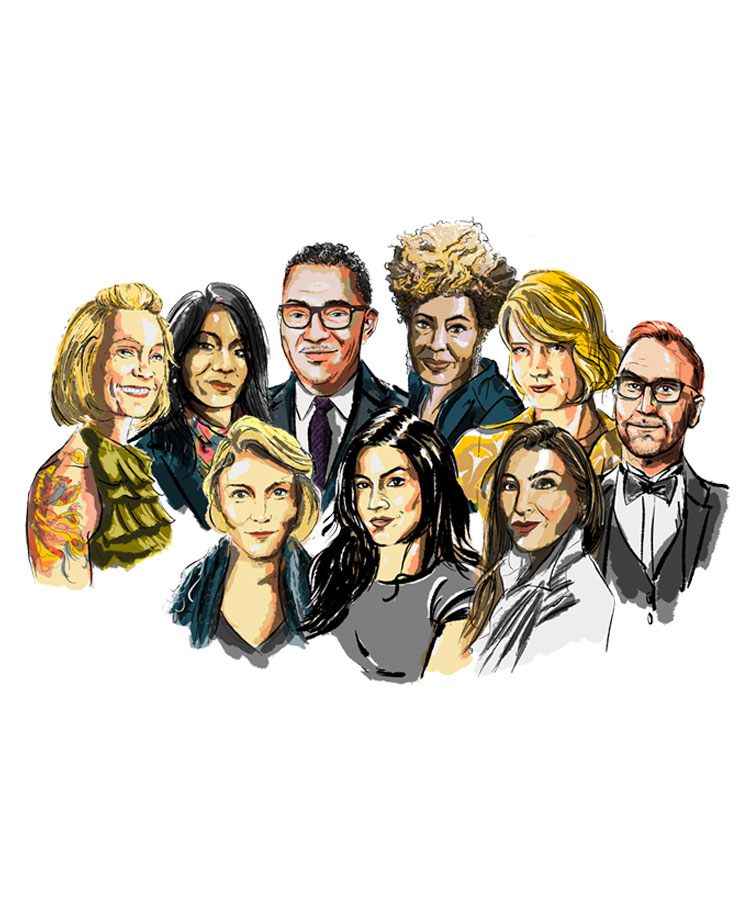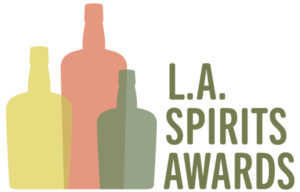
As a consumer, there are endless great spirits options these days. In fact, there are more than ever. The American Craft Spirits Association reports that the number of craft distilleries grew from fewer than 100 in 2005 to 2,046 in 2019. Even just between 2017 and 2018, craft spirits volume grew by 26 percent. The industry is, happily, booming, but navigating the array of options can be exhausting.
This fever pitch is what makes wine and spirits competitions more important now than ever before, says Mark Stoddard, a world champion mixologist, gin expert, and certified sommelier. “As a distiller or producer, it is incredibly difficult, if not impossible, to cut through the noise and get people to enjoy your product,” he says. At their best, these awards give recognition to stellar products, thanks to methodical, impartial judging.
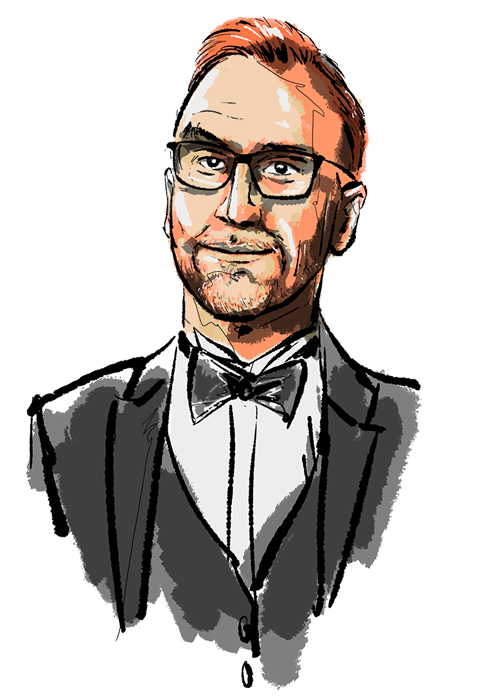
Enter the brand-new L. A. Spirits Awards, a competition that values diversity of age, gender, and background in its judges and transparency and breadth in its spirits.
A New Spirits Competition for a New Spirits Drinker
Founded by industry leaders Joel Blum and Nicolette Teo, the L.A. Spirits Awards (LASA) was created to reflect a changing market. Blum had helped launch a spirits competition based in San Francisco in 2000 and Teo was the managing director of that competition from 2015 to 2018. Blum and Teo wanted to create a spirits competition that acted as a better resource for its entrants, offering year-round marketing support for the winners, especially if they were new startups. Shortly after they began working on this new spirits competition, they brought on Amanda Victoria, a longtime veteran of the spirits industry, having worked as an educator and spokesperson for everything from Scotch to aperitifs, as a partner and to be the director of judging for the awards.
“Today’s consumer base is more educated on spirits than ever before, from flavor profiles to production methods,” says Victoria. The organizers of LASA believed that these drinkers deserved a spirits competition that could meet them at their level, and one whose leadership team and judging panel reflected the diversity of its consumer base — and its wide-ranging tastes. LASA is new on the scene and it’s ready to disrupt it.
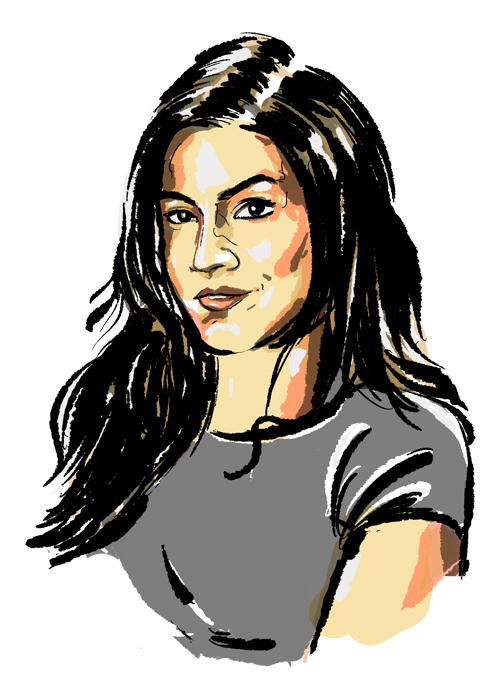
A Judging Panel for the Future
“Having sat on judging panels [for spirits competitions] around the world for many years, it was important to assemble a room of judges that represent an array of diversity in culture, career experience, and palate expertise,” Victoria says. Whereas the world of professional spirits competitions “painfully lacks diversity,” she wanted a range of talent from across the industry — the leaders and the tastemakers.
The final panel is composed of writers, scientists, mixologists, and former brand ambassadors. The eight judges are: Karla Alindahao, Brooke Arthur, Mark Stoddard, Samara Rivers, Ashela R. MacDonald, Devon Tarby, Rebecca Quiñonez, and Joseph D. Solis. They have worked at top publications, worked behind famed cocktail bars such as Death & Co, and represented spirits brands that are likely on your bar at this very moment. Samara Rivers founded the Black Bourbon Society, Joseph D. Solis has created cocktails for the Grammys, BET Awards, and Rihanna’s Diamond Ball.
“When I got the invitation [to join the judging panel], it was clear to me that this was going to be different,” says Alindahao, a senior Contributor at Forbes. Alindahao was enthused about the diversity — “most importantly, it was not predominantly white and male. The L.A. Spirits Awards is so much more representative of what America looks like today,” she says.
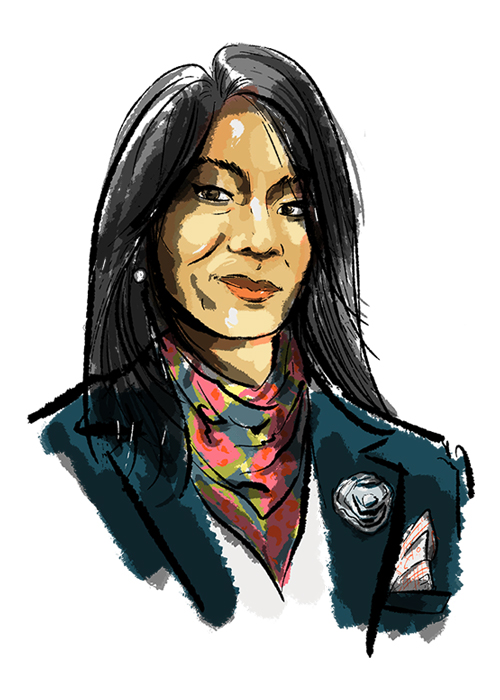
Stoddard, a former brand ambassador who Victoria says “put Hendrick’s Gin on the map,” found the diversity rewarding. “We developed camaraderie, and while we did not always agree on everything initially, we were united in our dedication to reward quality and flavor where recognition was due,” he says. “Having such diversity of judges and opinions is arguably the most effective way to reach an objective and impartial result.”
Judging in the Time of COVID-19
Launching an entirely new spirits competition in 2020 required a lot of quick thinking. The original plan was for the judges to come together in L.A. to taste, but when COVID-19 hit the United States, it quickly became apparent that a new plan was in order.
“This year was unique, in that we were forced to conduct our tastings remotely via video conferencing ‘tele-tastings,’” says Stoddard. Each judge received a sample of each spirit, hundreds of little bottles, which was “no small logistical feat,” he notes.
In order to be as unbiased as possible, the entries were judged blind. Each judge was given notes on the region of origin, age statement, and proof, but other than that, “They’re left with the liquid and the glass to create their most unbiased assessment,” says Victoria.
Despite the added complication, no detail was overlooked, according to Stoddard, “from correct nosing glassware, to meticulous labeling of judging samples, to relentless dedication to ensure that each entry is judged equally and objectively.”
“I’m glad that LASA is pretty much what the future of spirits judging should look like — where all our voices (and tastes) are acknowledged and given value,” says Alindahao.
For the complete list of winners, click here!
